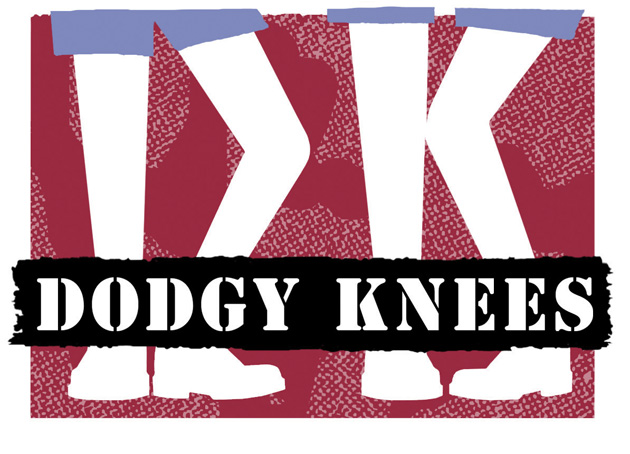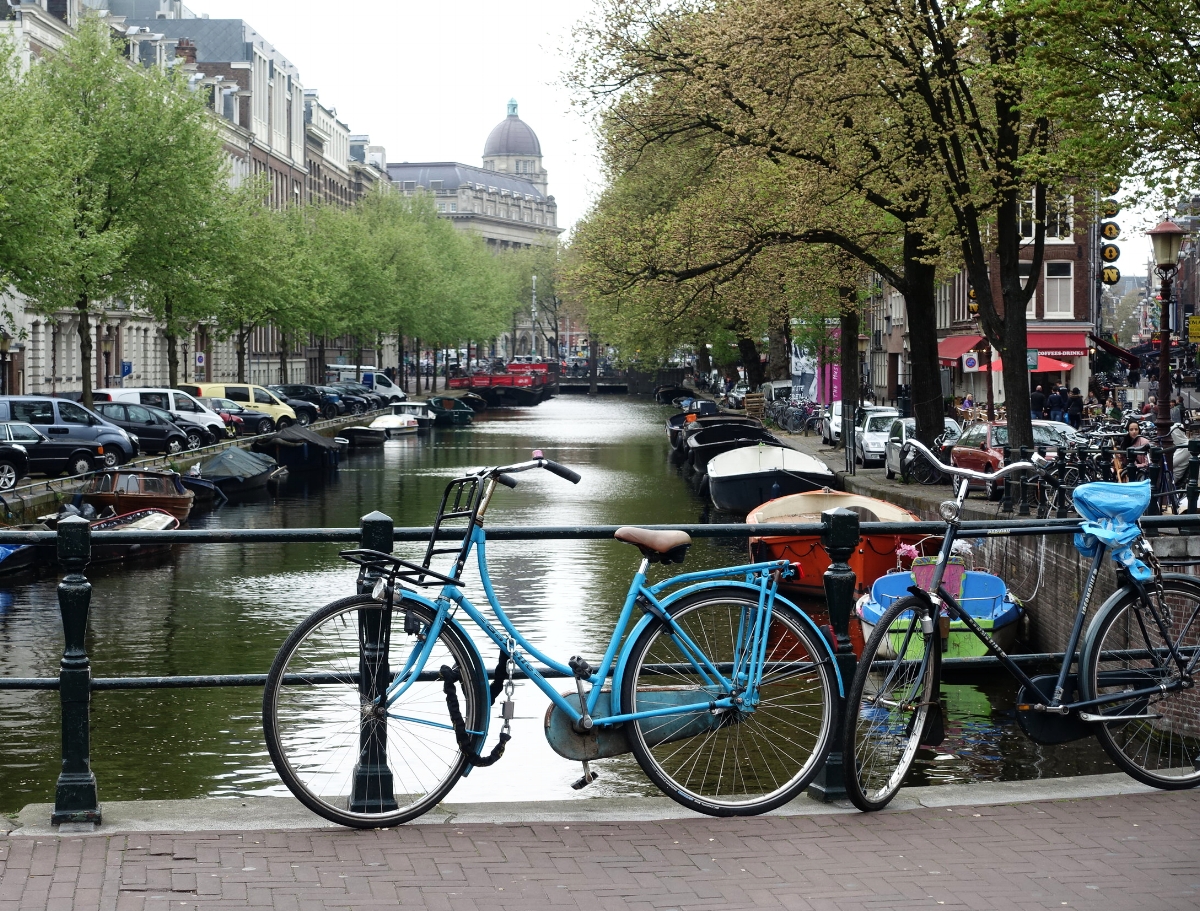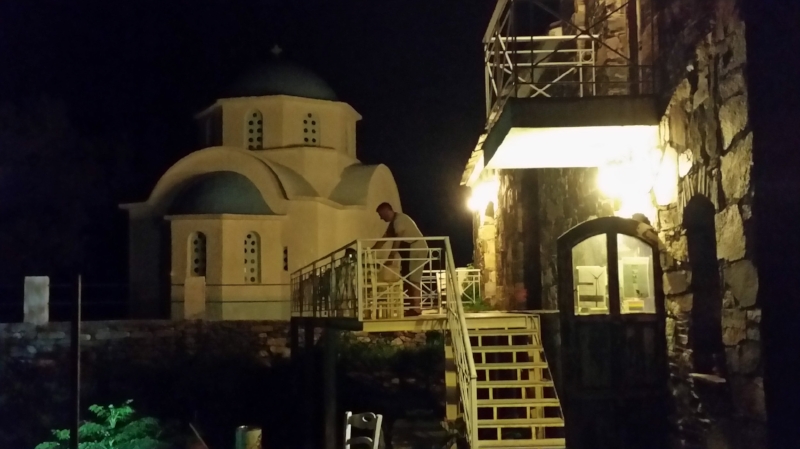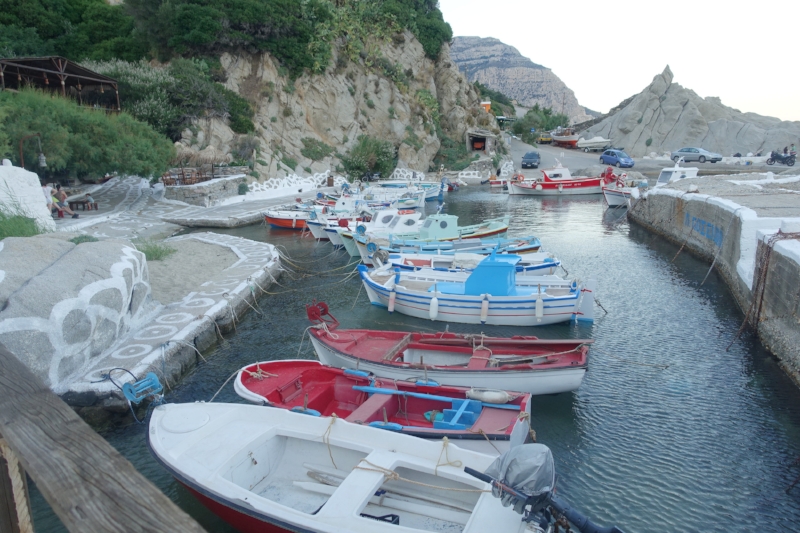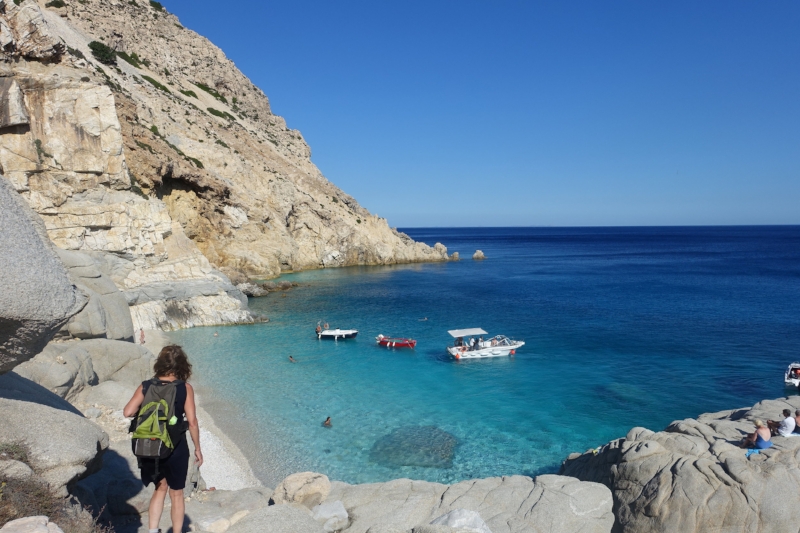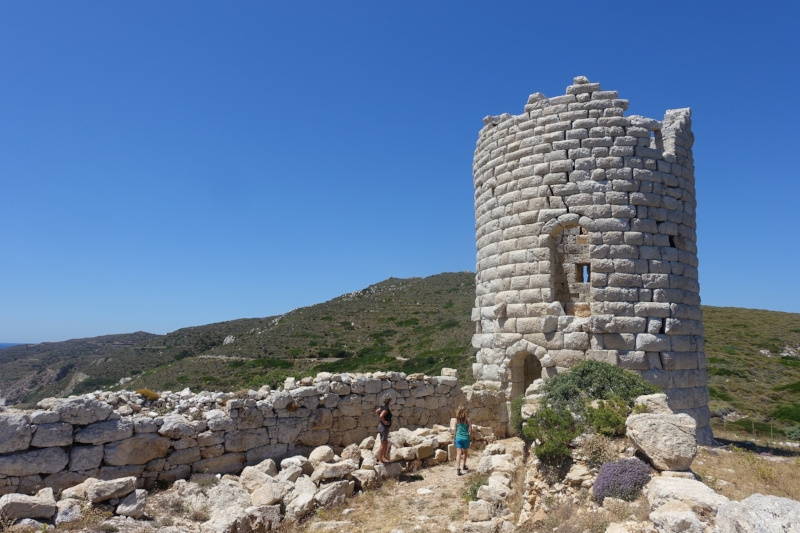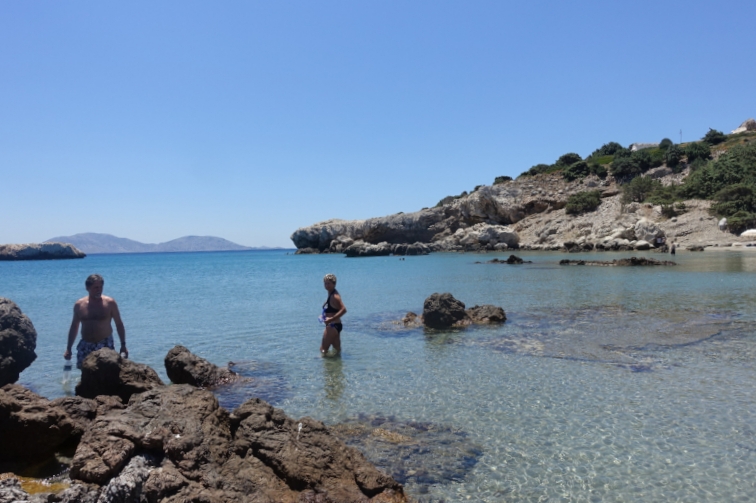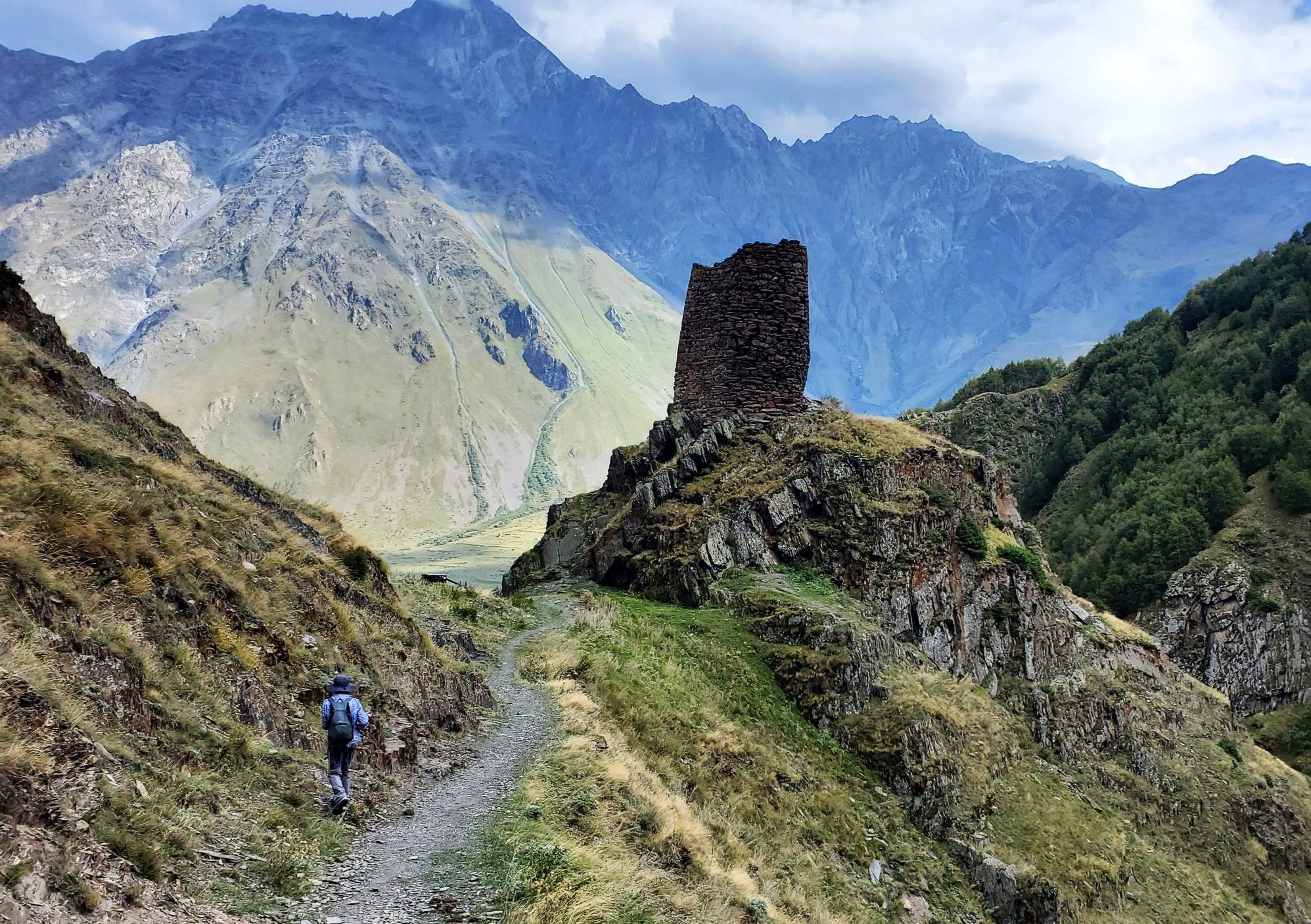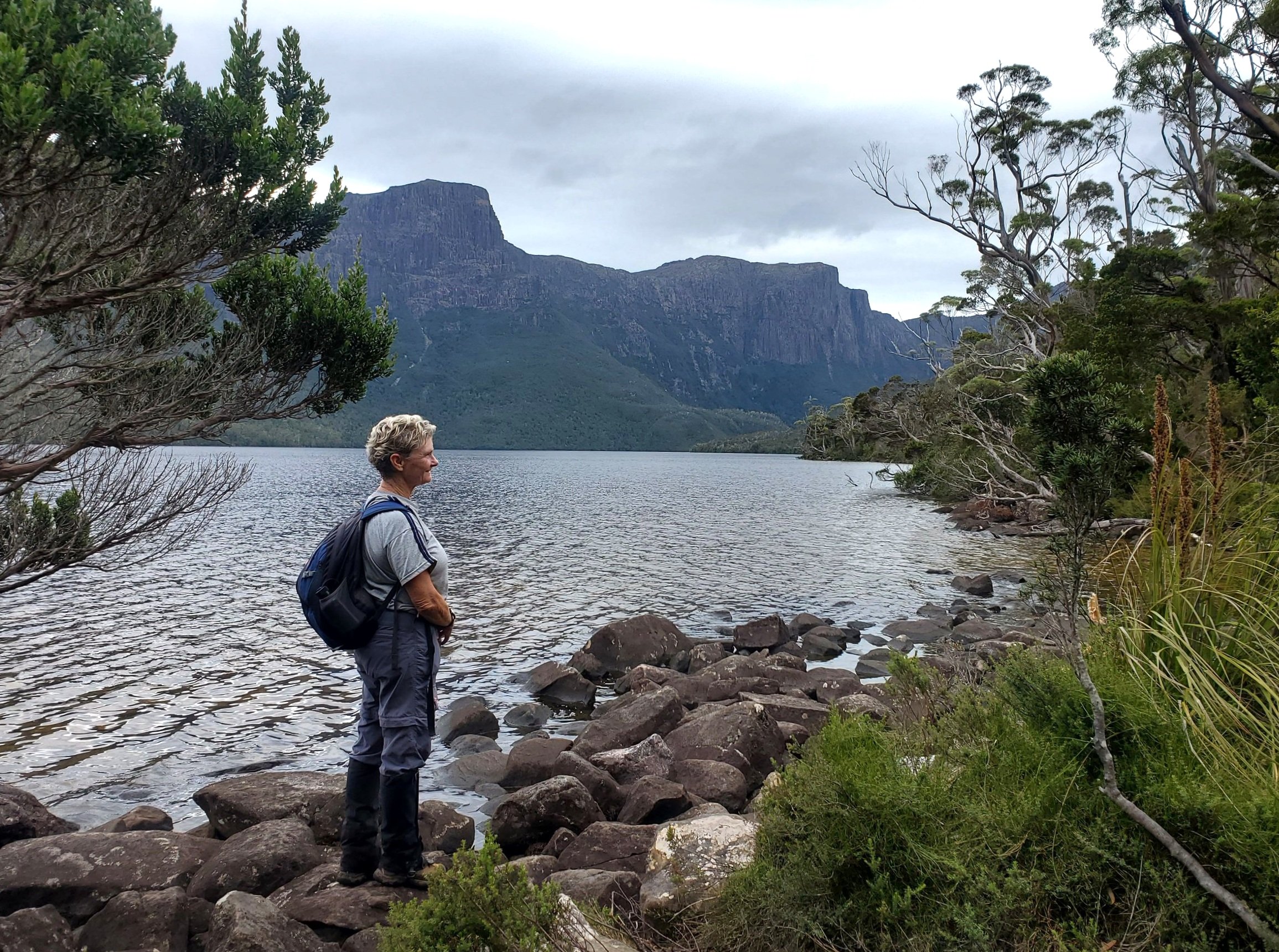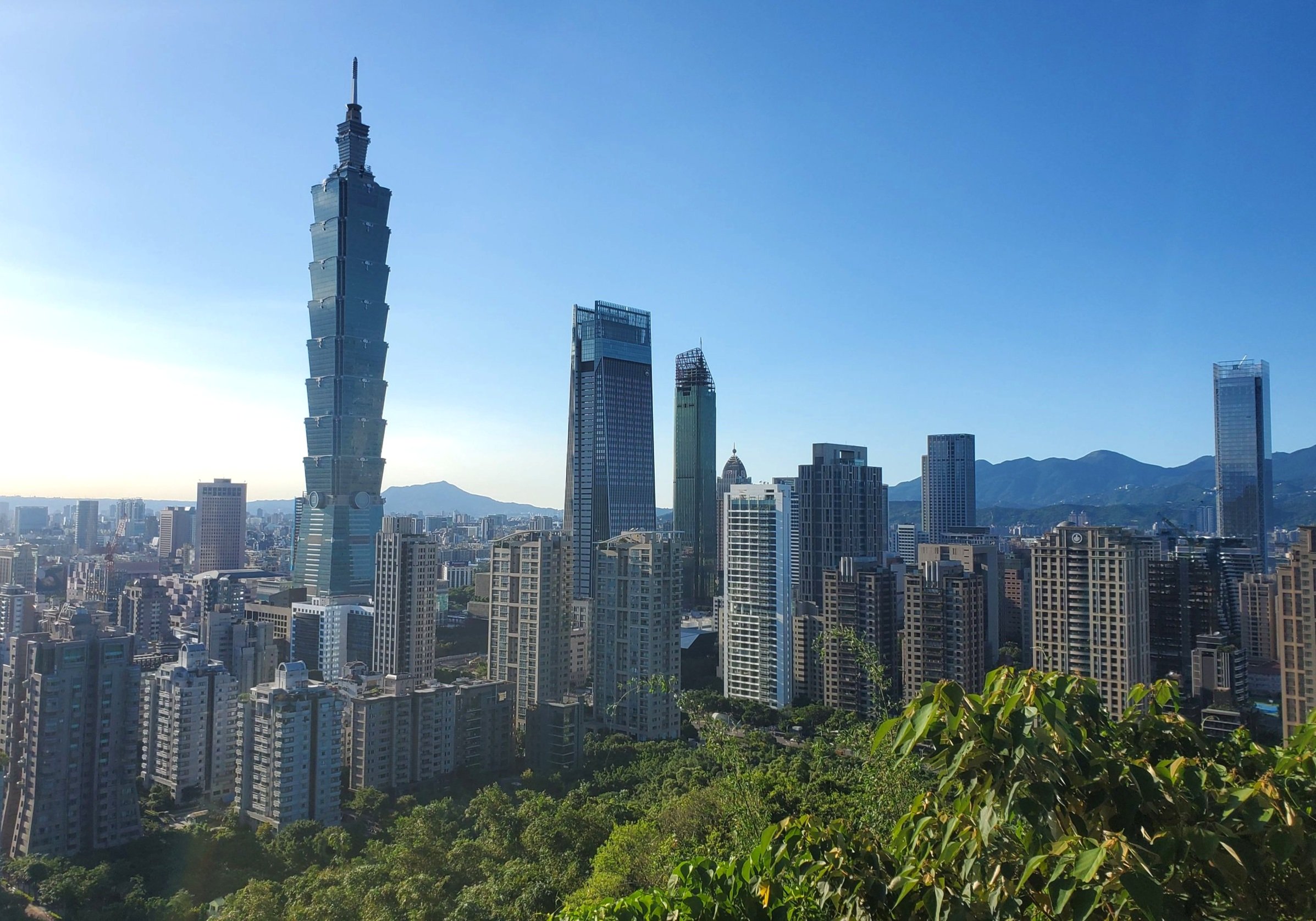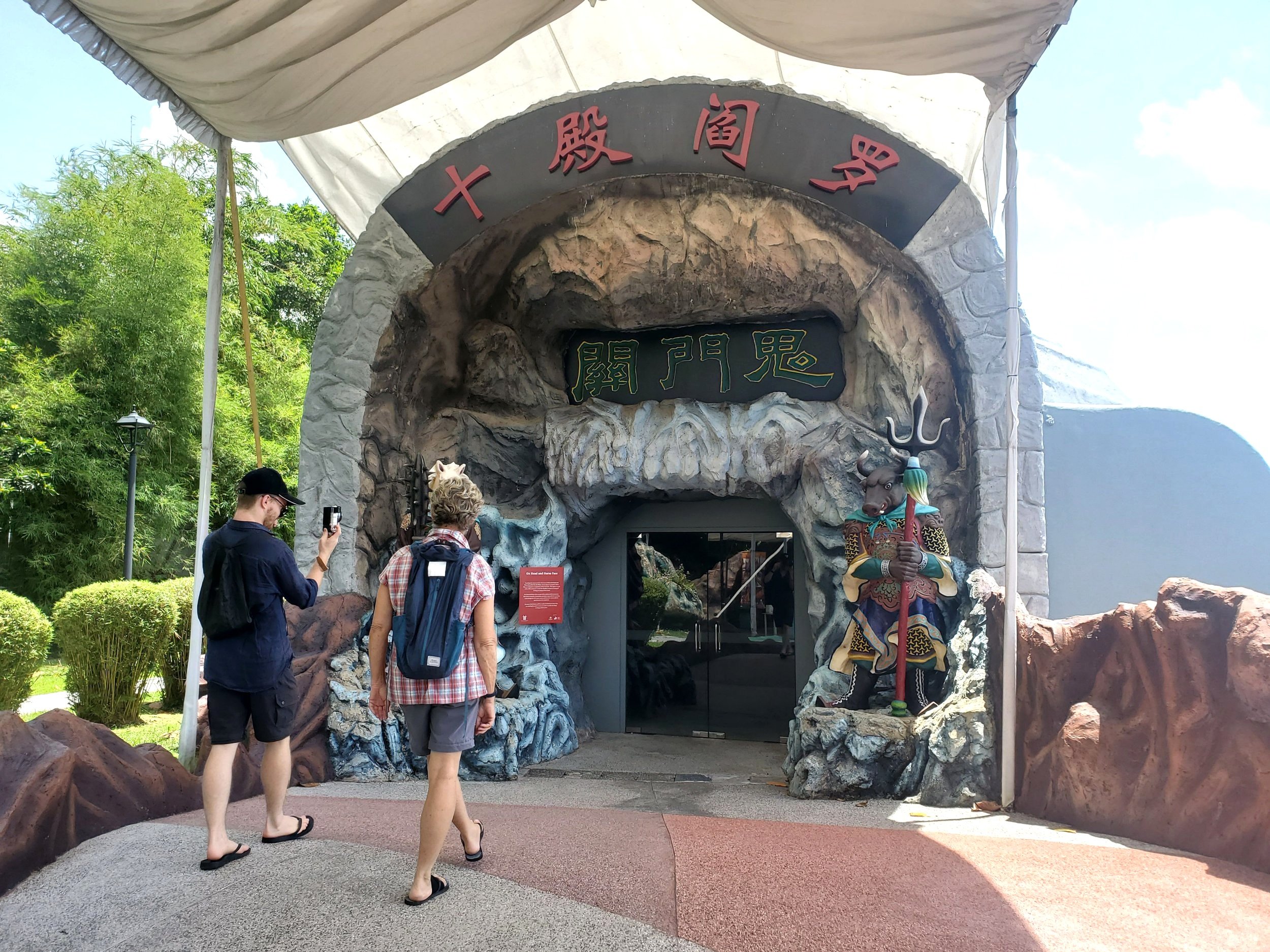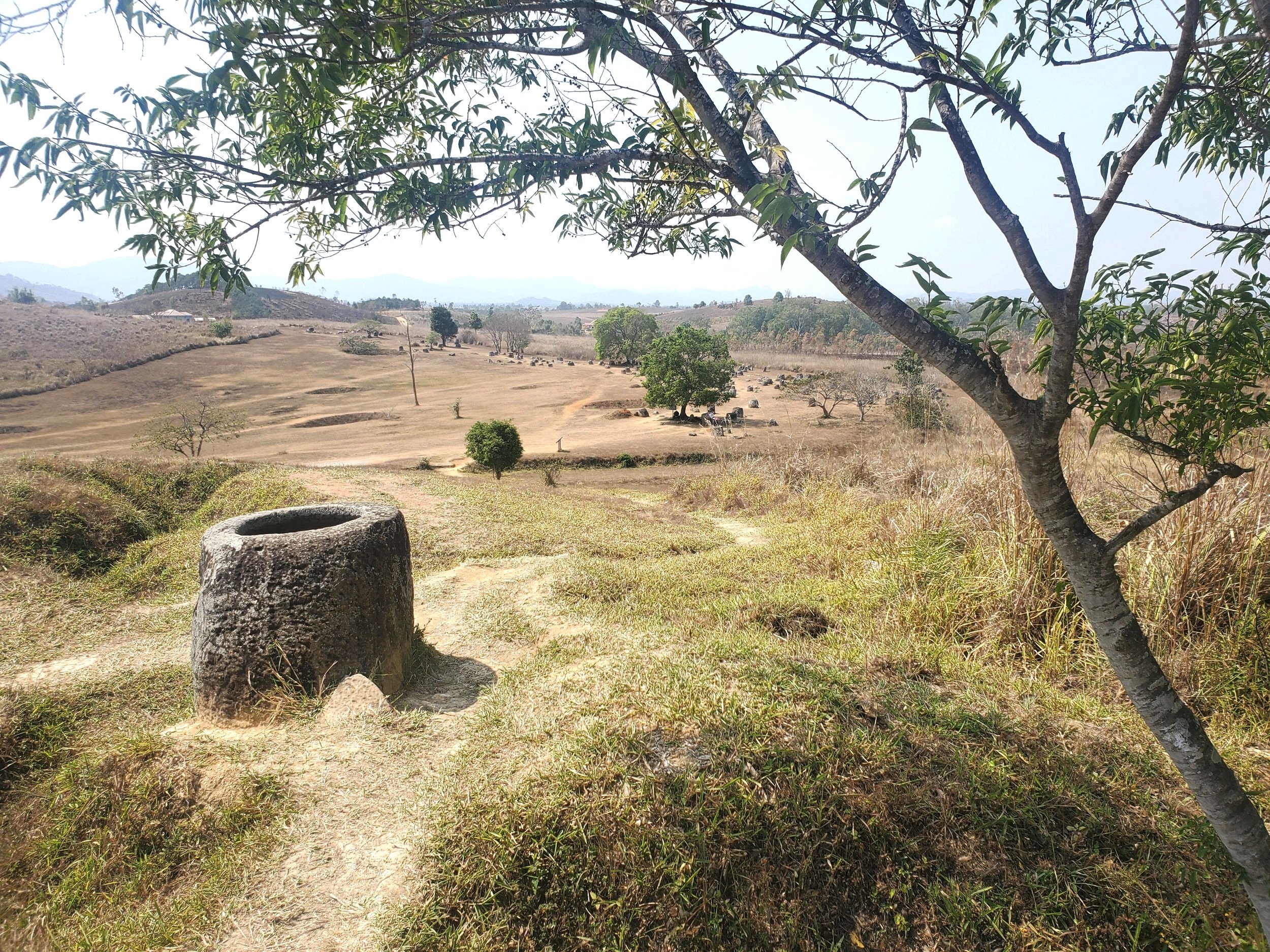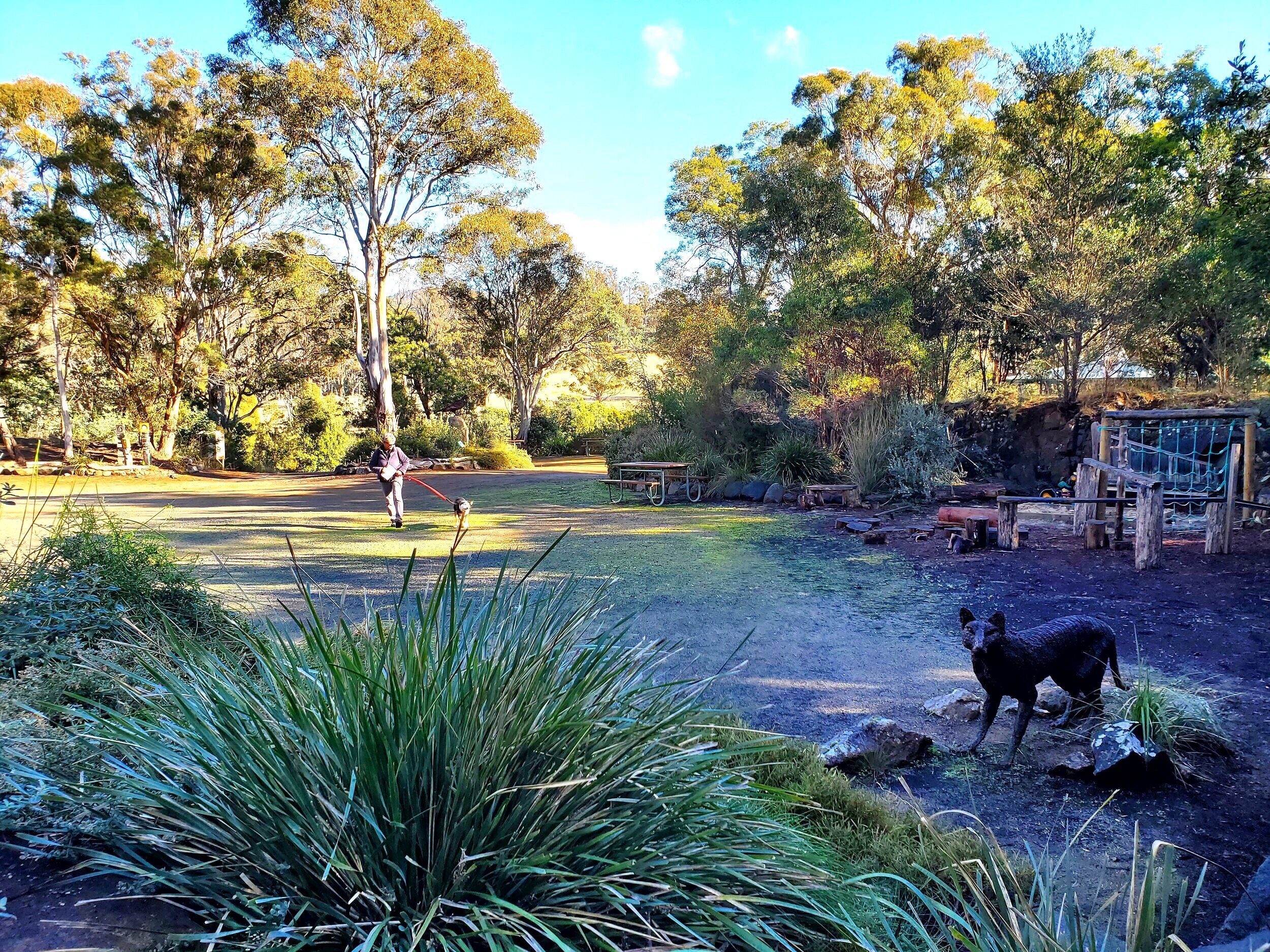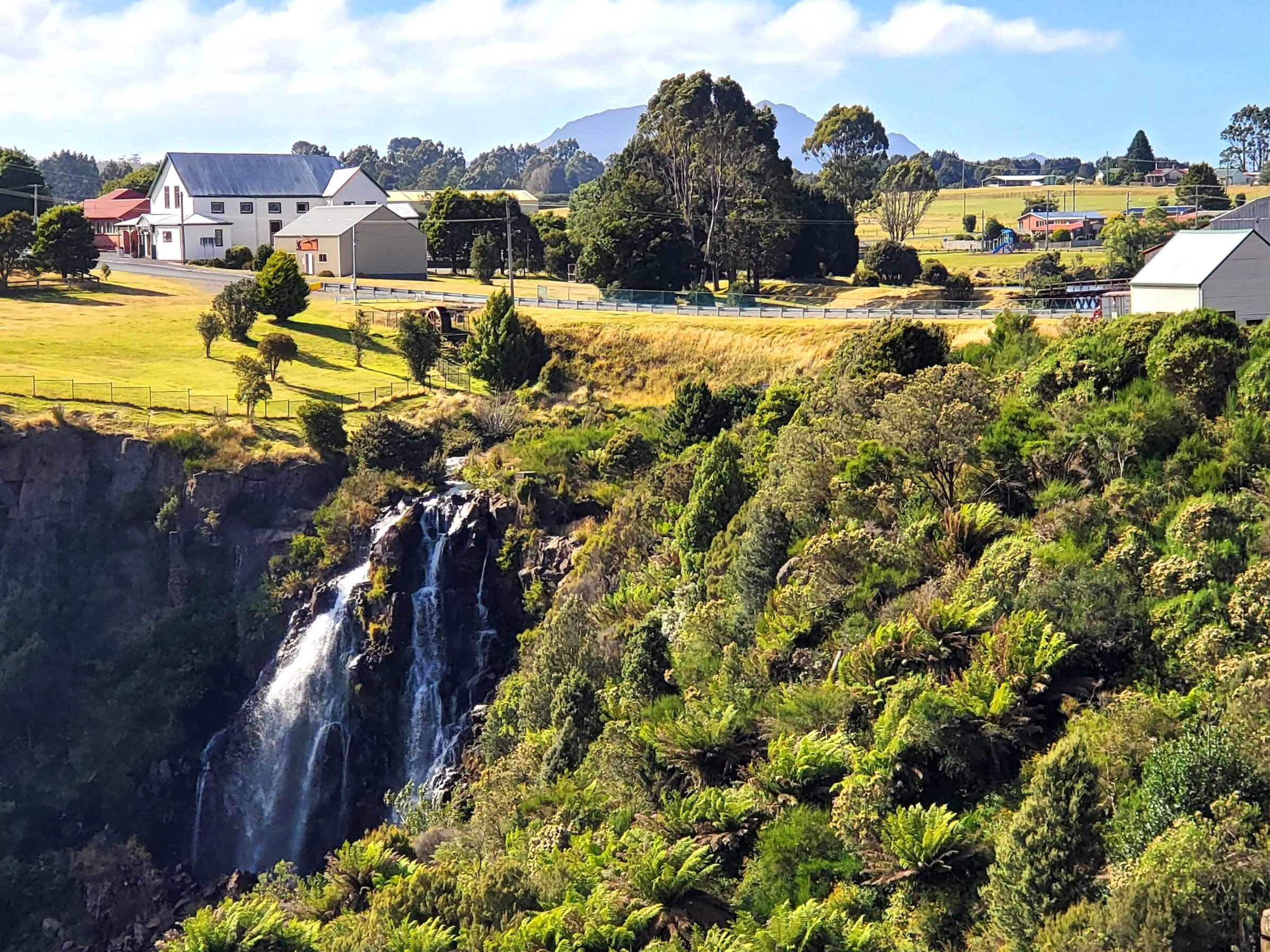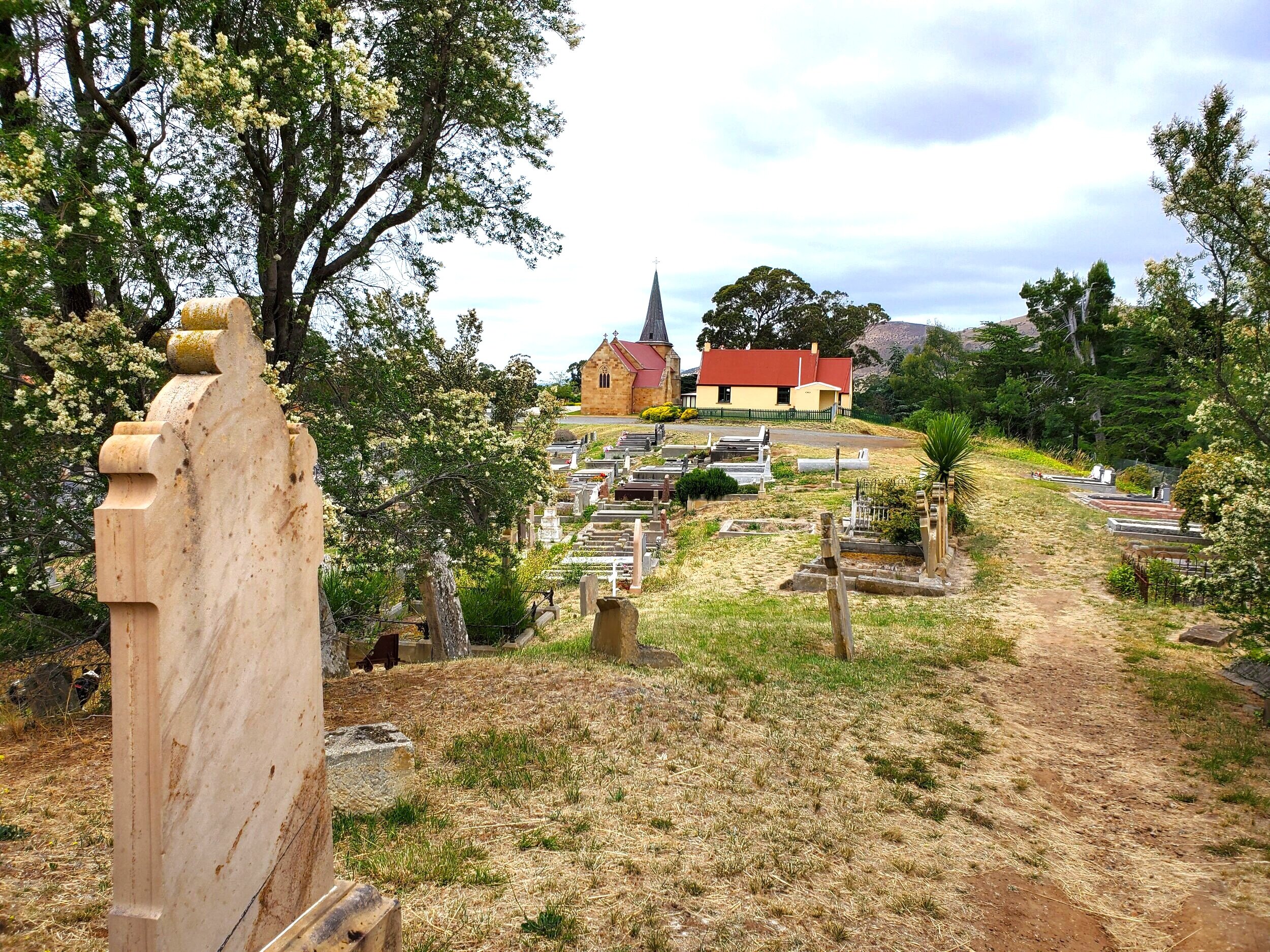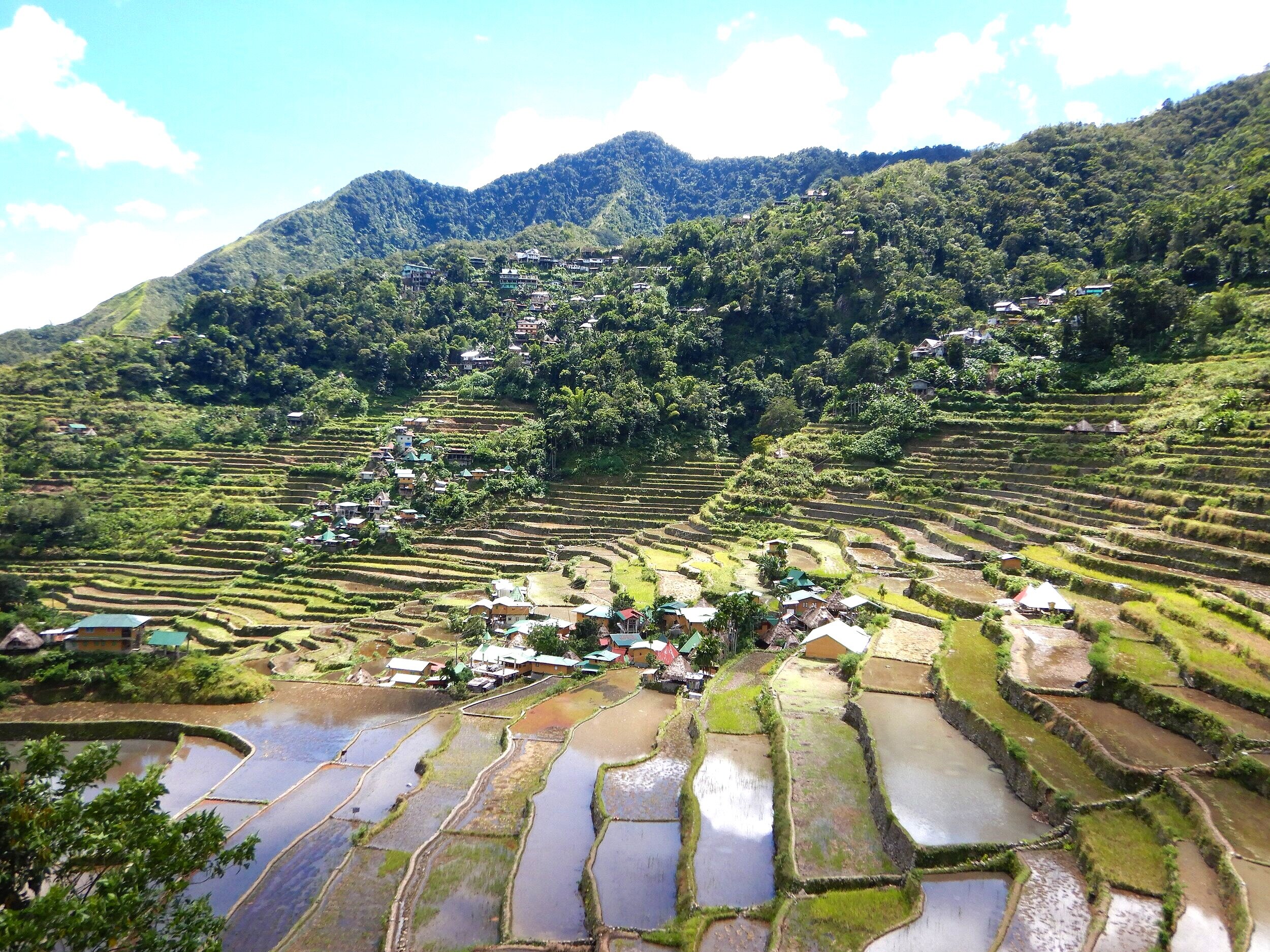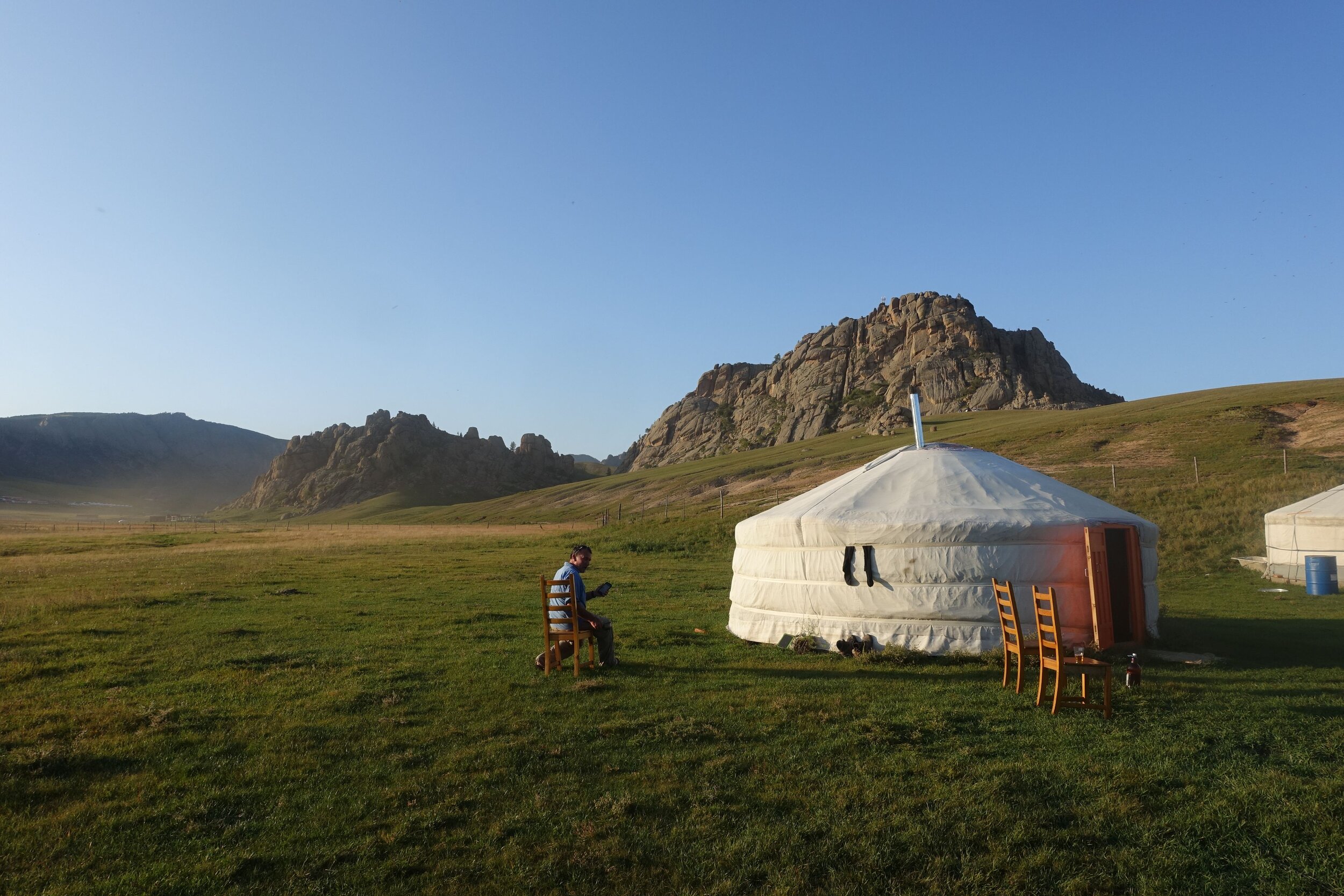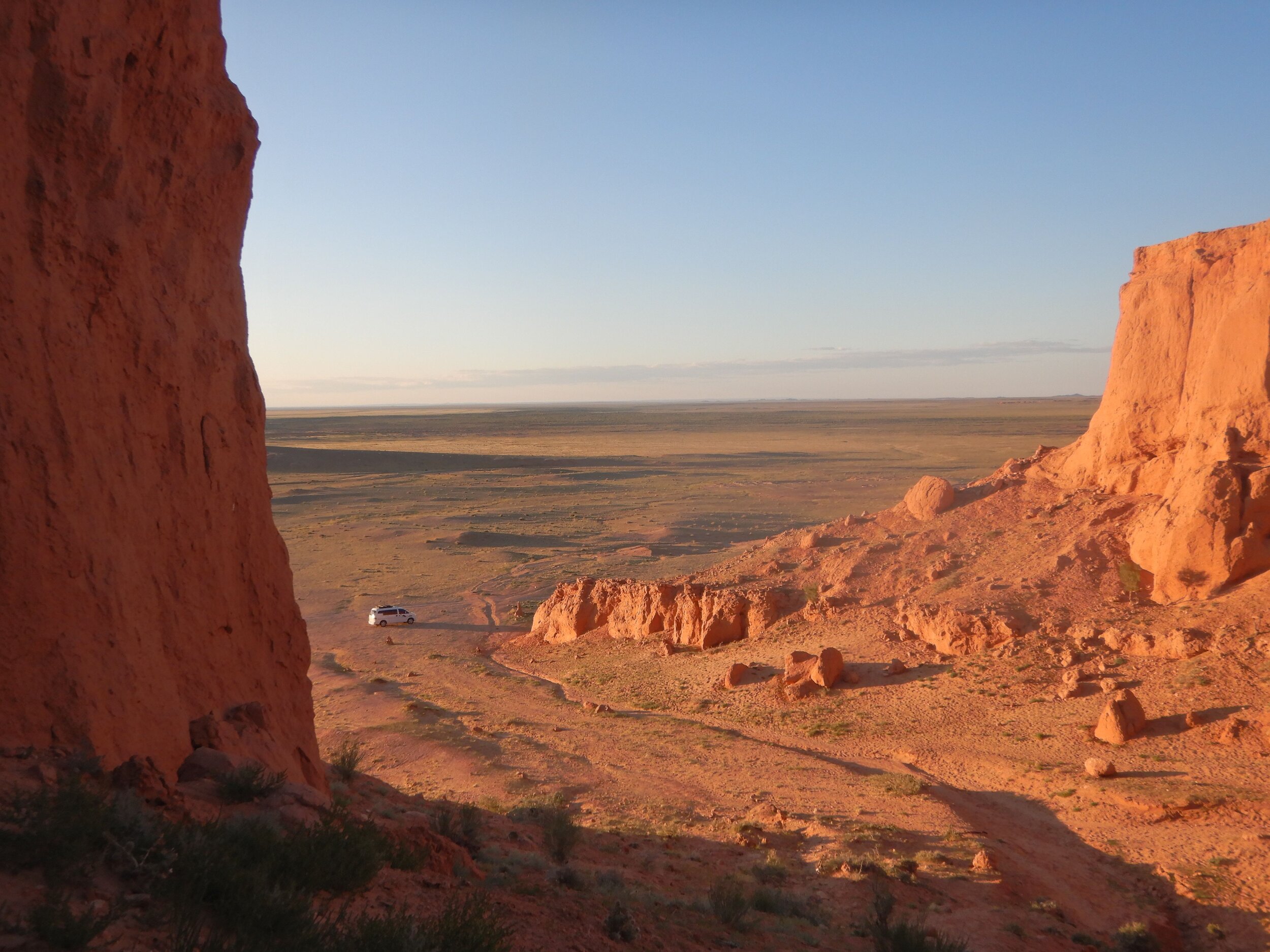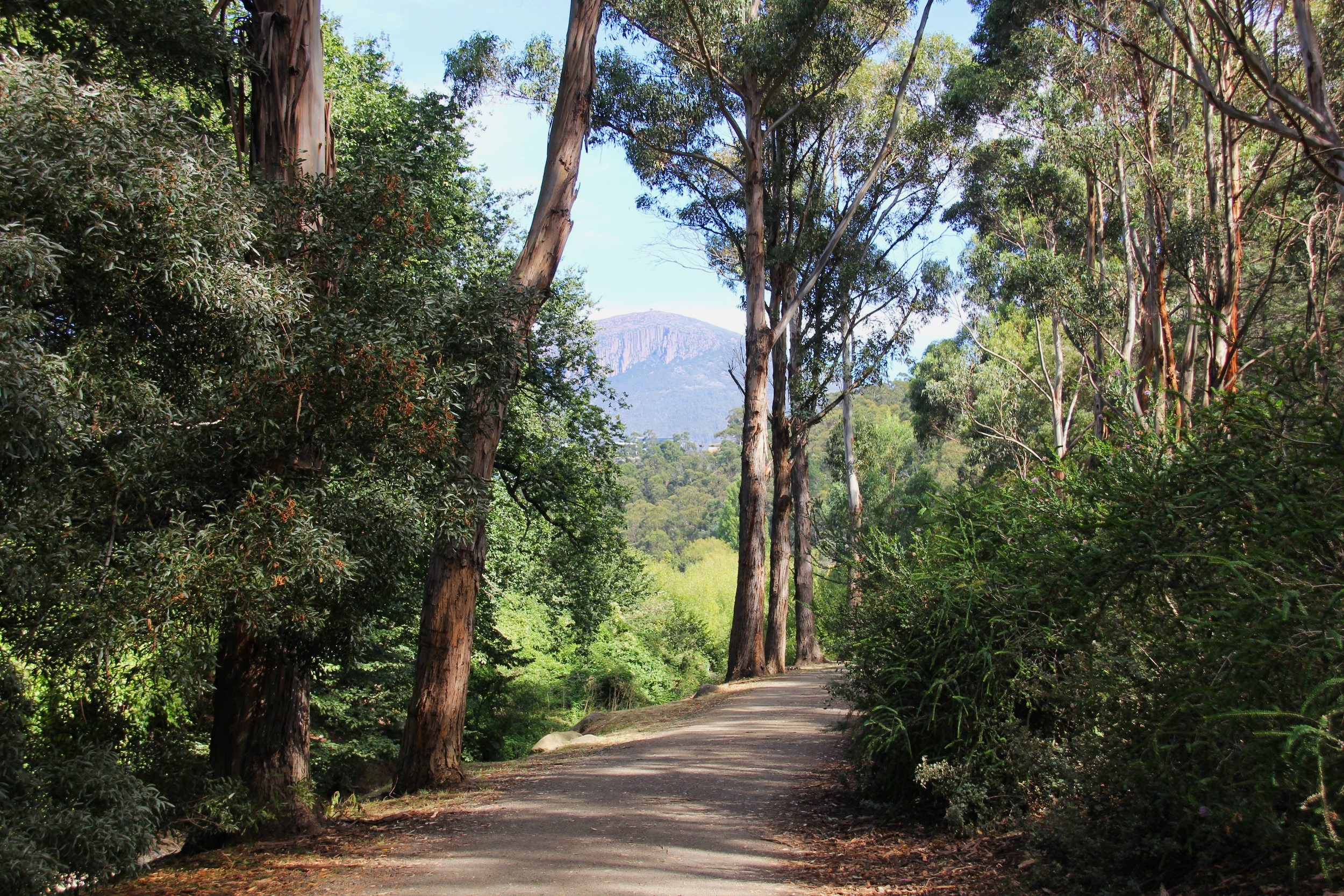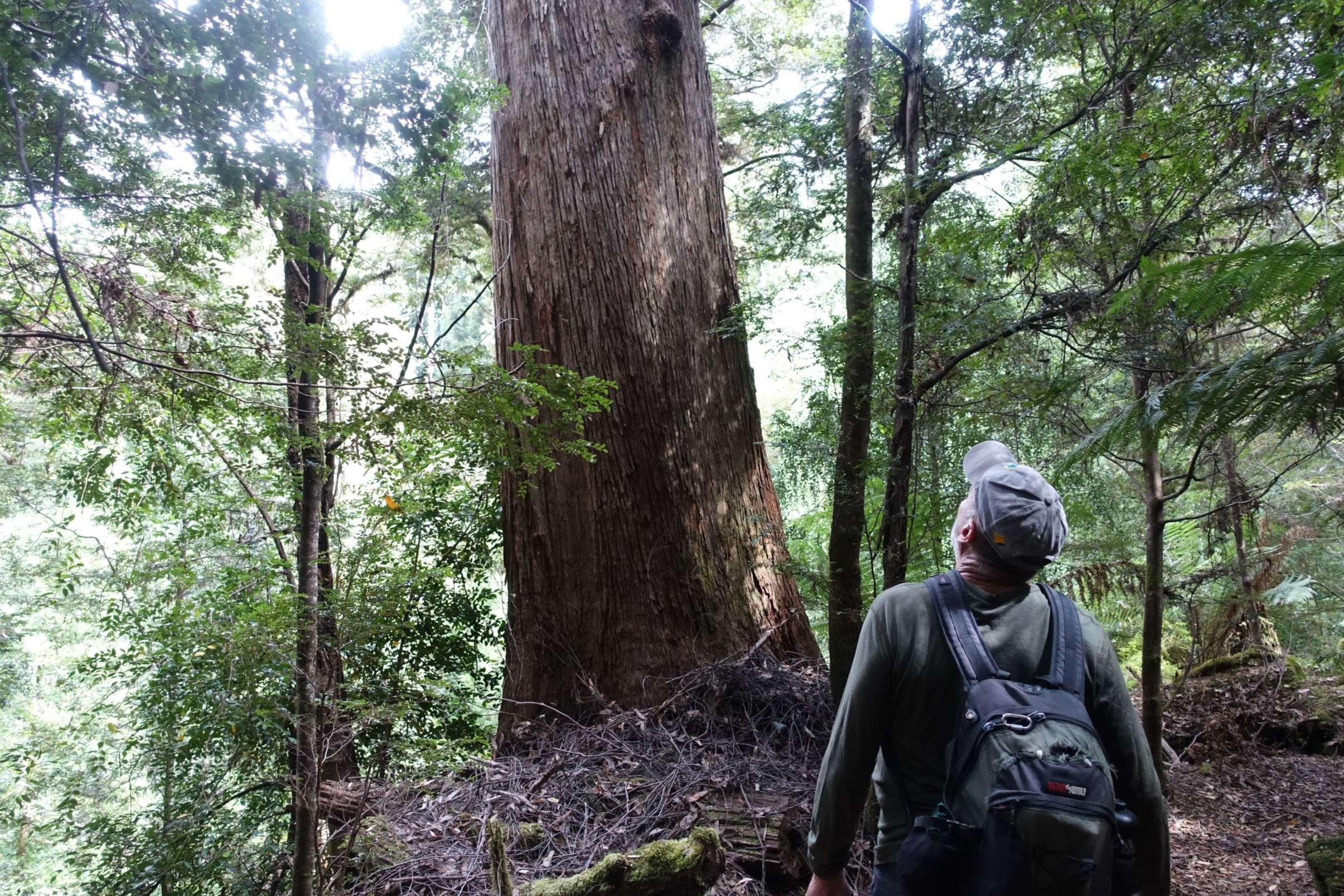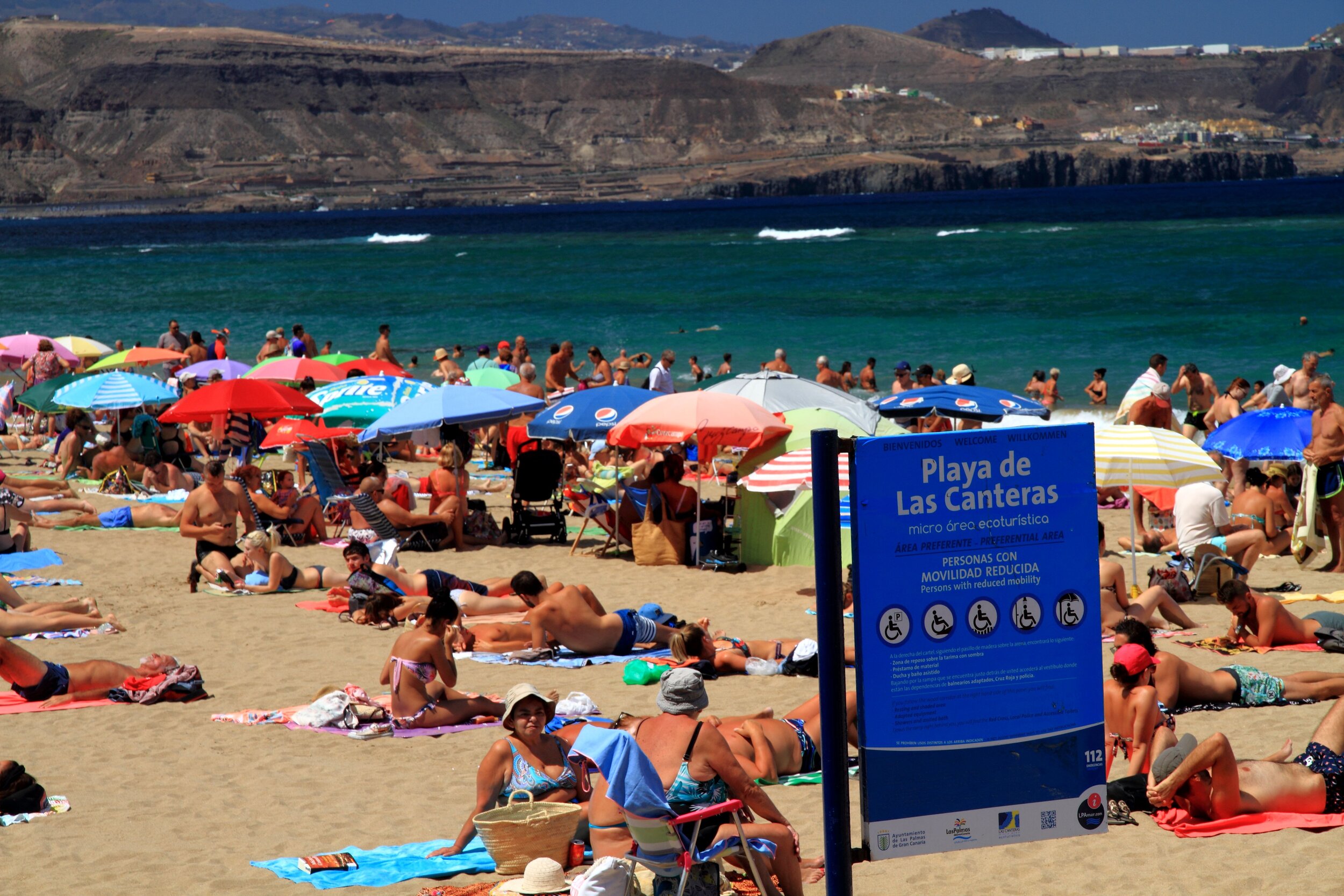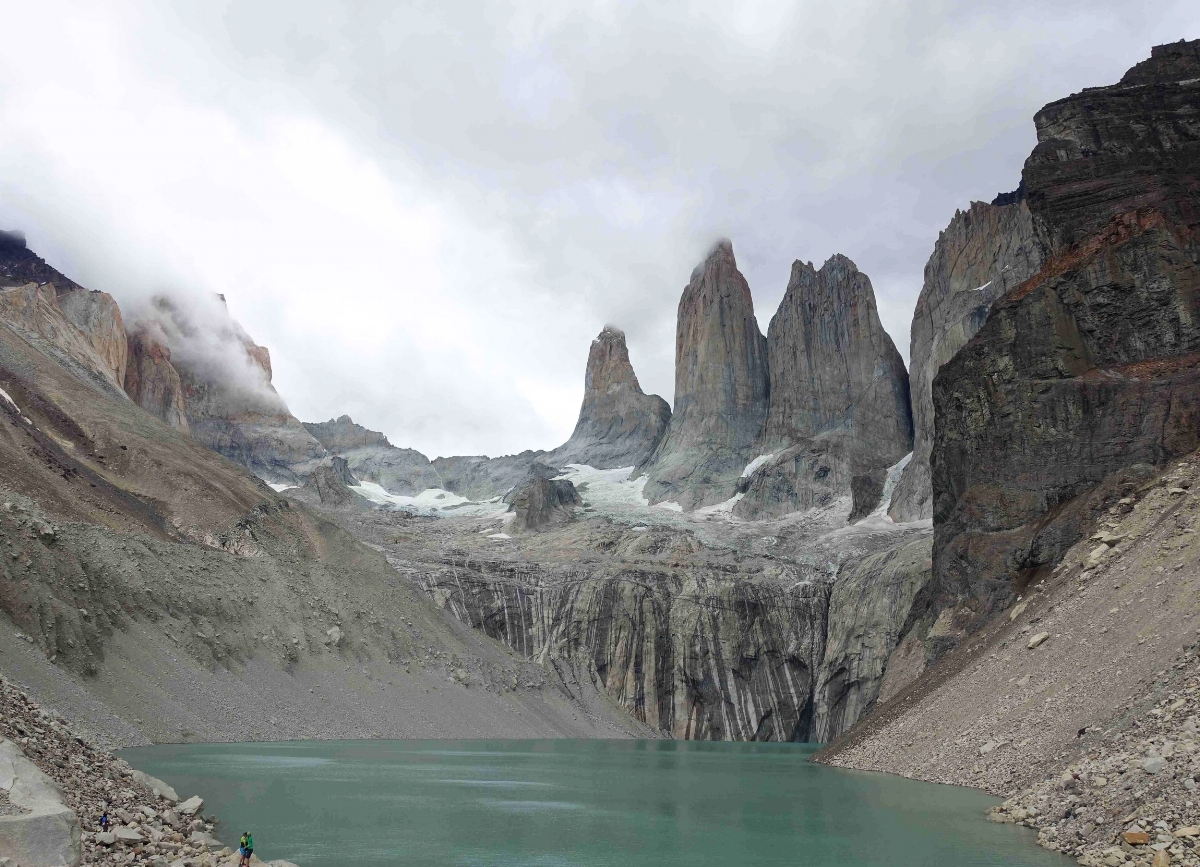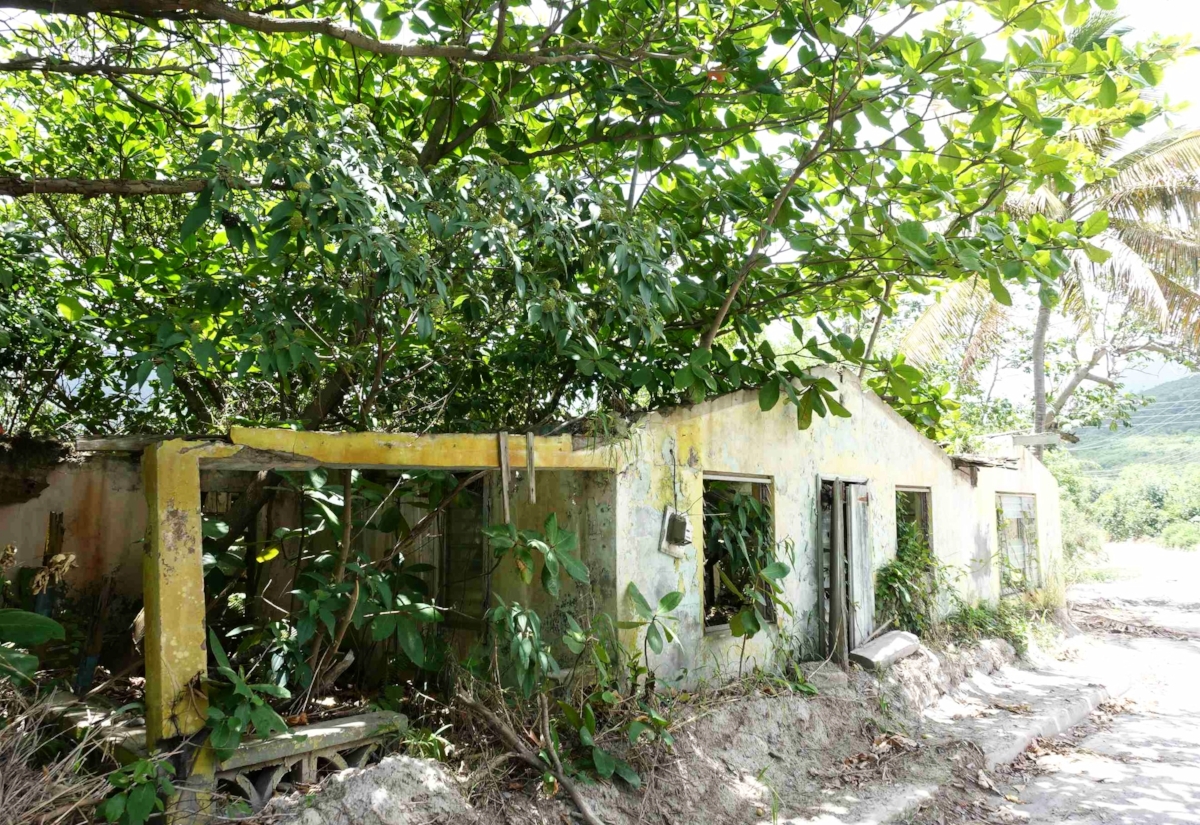Discovering Ikaria
/Drakano Watchtower
Introduction
The Greek island of Ikaria sits in the northern Aegean Sea close to the Turkish coast and only 19 kilometres from Samos. It doesn’t have the profile of a Santorini, Mykonos or a Crete. The advantage of this, for travellers who venture here, is that it doesn’t have the big (often too big) tourist numbers of its better-known brethren.
old farmhouse, ikaria
At around 35 kms long and 10 wide it is a middle ranking Greek island in terms of size (see the map at the end of this post). The name comes from the Greek myth of Icarus, who flew towards the sun on wings made of waxed feathers which melted. The myth states that Icarus fell to earth landing in the Aegean Sea and his father, Daedalus buried him on the island that now bears his name.
this way to the beach
We spent a few very enjoyable days there in June 2017 with our friends Ron and Ellen, who were holidaying on the island. They had visited many times and were great guides during our visit. We knew nothing about Ikaria before we went, but discovered a wonderful destination full of great locations and experiences.
If you get a chance to visit, here are a few possibilities to put on your list.
Xilosirtis
the beach at xilosirtis
The capital, Agios Kirikos, is on the southern side of the island, but the majority of tourists stay on the northern side (more on the north later). We stayed a few kilometres to the SW of Agios Kirikos at the small village of Xilosirtis.
a different view of the beach
With few tourists and a very pleasant, near empty beach, it was a top place to enjoy the sun and Mediterranean Sea.
heading off to the beach
The town is small and friendly and interesting to wander around.
pergialidi restaurant and neighbouring church
You won’t starve in Xilosirtis. It has a good restaurant as well as a tavern in the hills above the town. A few kilometres down the coast in the small village of Livardi is Pergialidi Restaurant with its deck overlooking the sea and neighbouring Greek Orthodox church.
Magganitis and Seychelles, SW Ikaria
seychelles beach
The Aetheras Range runs down the centre of Ikaria, with the highest point being over 1,000 metres. Consequently, roads are windy and tight and travel around the island is slow.
the coast road to magganitis
But the views are spectacular, so what’s the hurry?
house built between two large boulders to hide from pirates
Around 27 slow road kilometres SW of the capital is the small port town of Magganitis. Historically, this part of the coast was prone to pirate raids so a style of housing evolved that looked to camouflage dwellings as much as possible. Some are still evident today.
magganitis harbour
Just before arriving in Magganitis we came to the beach of Seychelles. This beautiful, white-sand beach was “created” in recent years when a landslide was triggered during the excavation of a road tunnel through the mountain.
heading down to seychelles beach
It’s now a very popular beach.
The Mountains
the view on the trail to randi forest
The great spine of Aetheras mountains separates the northern and southern sides of the island. When traversing from Xilosirtis in the south to the north we stopped off at the Randi Forest, to see its 200 – 300 year old rare Aria oaks. It is one of the last remaining stands of such age in the Eastern Mediterranean and is protected.
randi forest's rare oaks
We also checked out some local goats.
even the goats admire the view
It was a hot day when we stopped by the mountain village of Akamatra for a cold drink and a bit of shade.
enjoying a bit of shade and a break at akamatra
The largest village on the north side is Christos Rahon (300 inhabitants).
a quick group selfie at christos rahon (Cally, Ellen and Ron)
Being in a forest in the hills inland makes it a cooler spot to enjoy one of the numerous cafes and traditional architecture.
The North Coast
evdilos
In the centre of the north coast is the town of Evdilos. It is the island’s second port along with the capital. With the bulk of Ikaria’s best beaches being on the north coast, Evdilos is a popular starting point for tourists and has much more of a tourism feel than other places on the island.
north coast beach
Heading west there are a number of good beaches, most of which are uncrowded.
the beach at nas - the remains of the temple of artemis are on the left
On the coast to the west of Evdilos is Nas. There are a number of restaurants, a pretty, protected beach and the remains of the 2nd century BC Temple of Artemis Tauropolos.
Drakano
exploring drakano
At the eastern tip of the island, close to the airport, is the Drakano archaeological site with its 4th century BC watchtower and the remains of a citadel. Built in the times of Alexander the Great, the well restored tower cuts an impressive figure with the view of the neighbouring island of Fournoi looming behind it (see the cover shot at the beginning of this post).
agios giorgis
From the car park at Drakano it’s a short walk to Agios Giorgis (Church of St. George).
the beach at agios giorgis
And then on to the beach.
Conclusion
saint george - agios giorgis
We’ve only touched on a small sample of possibilities for a visit to Ikaria. There are many beaches, small traditional villages, archaeological sites and much more. If you want more information about tourism to Ikaria click here.
sadly, time to leave for our flight to athens - ken, ron, ellen and cally
Our time on Ikaria was far too short. We packed a lot into our visit and enjoyed it all. A big thanks to Ellen and Ron for looking after us and showing us an island that they are frequent visitors to and love to spend time on. Having been there we now understand the appeal.
Ken and Cally
